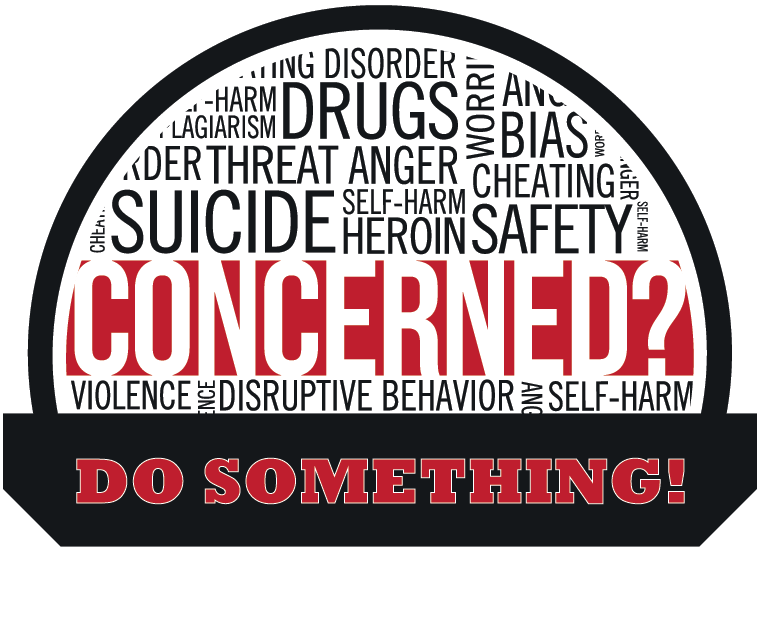Drugs and alcohol generally fall into 4 categories: depressants, stimulants, opiates, and hallucinogen.
Depressants
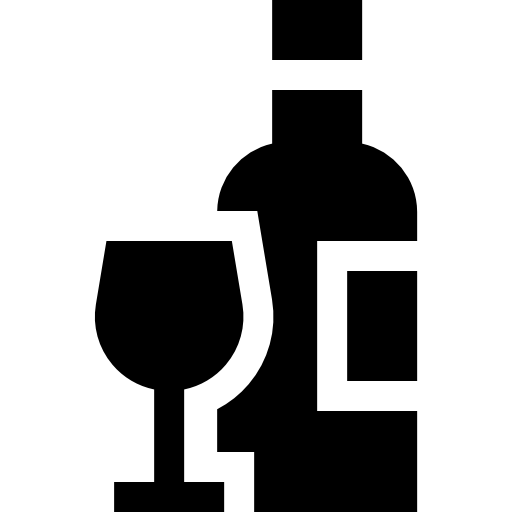

Depressants include:
- Alcohol
- Valium & Xanax


The Depressants do not get their make because they make you sad. They slow down yur normal brain function. They also can be highly addictive. Long-term use and addiction can cause life-threatening withdrawal effects.
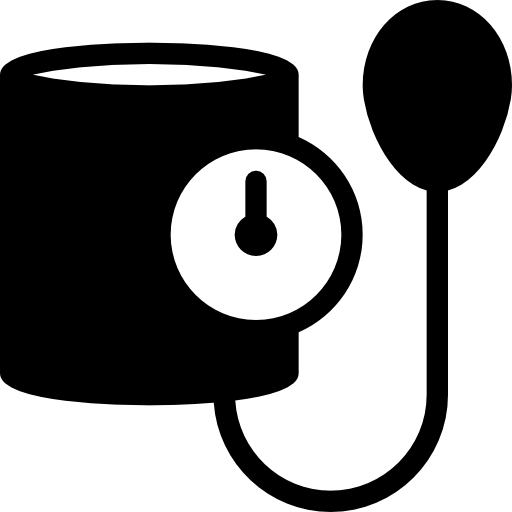

Depressants can cause:
- Slurred Speech
- Lowered Blood Pressure
- Slowed Breathing
- Confusion
Stimulants
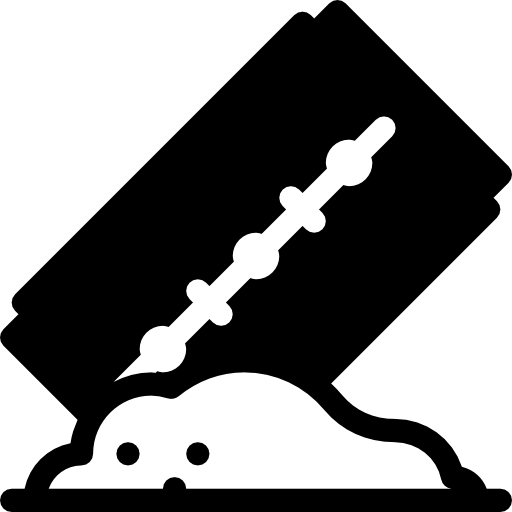

Stimulants include:
- Cocaine
- Methamphetamine
- Amphetamine
- MDMA (Ecstasy)
- Nicotine
- Caffeine


They can cause the heart to beat faster and will also cause blood pressure and breathing to elevate.



Repeated use can result in:
- Paranoia
- Dangerously Rapid
- Erratic Heartbeat
- Seizures/Convulsions
- Stroke
- Brain Damage
- Coma
- Organ Toxicity
Opiates


Opiates include:
- Heroin
- Codeine
- Oxycontin
- Percocet
- Vicodin
- Fentanyl

Opiates are powerful painkillers. Regular use — even as prescribed by a doctor — can produce dependence, and when misused or abused, opioid pain relievers can lead to fatal overdose.



Opiates can cause:
- Drowsiness
- Nausea
- Liver Damage
- Respiratory Depression
- Brain Damage
Hallucinogens


Hallucinogens include:
- LSD (acid)
- MDMA (Ecstasty)
- Marijuana
- Shrooms
- Angel Dust (PCP)

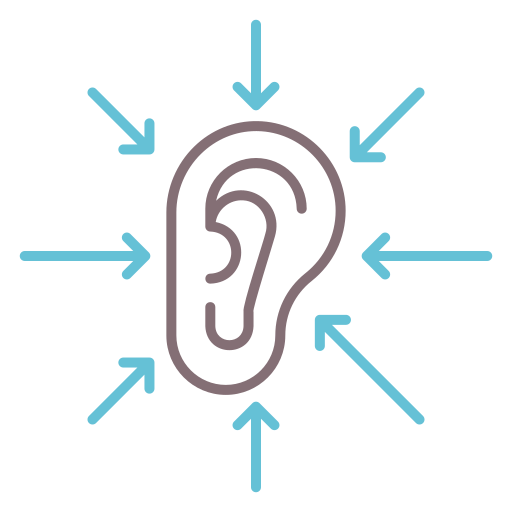
Hallucinogens cause altered perception and feeling. They have powerful mind-altering effects and can change how the brain perceives reality and cause people to hear voices, see things, and feel sensations that do not exist.



Repeated use can cause:
- Increased Blood Pressure and Breathing
- Sleep Problems
- Excessive Sweating
- Memory Loss
- Depression
- Suicidal Thoughts
For more detailed information on alcohol and other drugs, visit the National Institute on Drug Abuse at drugabuse.gov.
Check out our infographic of the information above here

